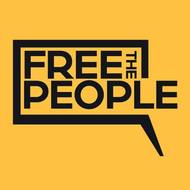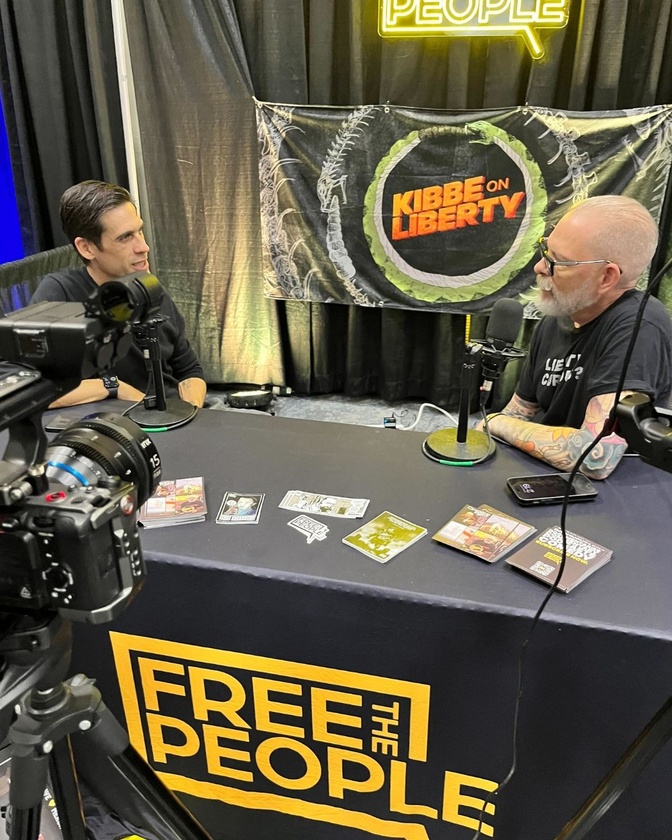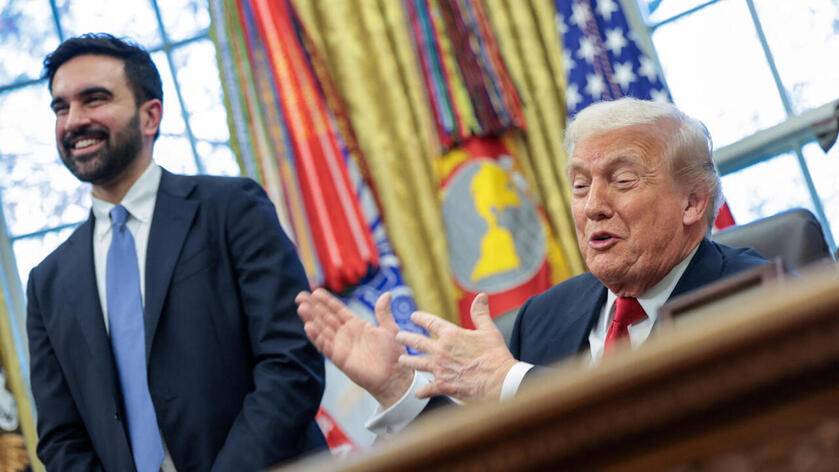By Taylor Lewis
President Trump was, improbably, yet invariably, right. At the still fawn-fresh age of seven, it is indeed “marginal.” Maybe a mind so preoccupied with gilded luster, even if the veneer is spackled coating from Michaels, never lost touch with youthen whimsy. Or maybe Fred Trump was just a tightfisted hardass with a smart leather belt.
Whatever the no-doubt-traumatic case, Donald Trump has an intuitive feel for when children outgrow the St. Nick myth. Seven is a fulcrum age, where innocent belief totters on a teeterboard, threatened with a dark plunge into cold, unsparing adulthood. It’s a climactic calendar year that, at any given point, when developing grey matter blooms enough, bright joy is sucked out through Eden’s gate into a disenchanted plain.
I know personally—but not from my own hunch the big man in red was really my mom’s Boscov’s charge card. My oldest child turned the big zero-7 two months ago. As parents know, once a kid is over the hump of the noughts years, his mental capacities expand exponentially. So quickly do juvies catch on to their surroundings: the muttered expletives, frustrated curses, perfunctory one-syllable responses, rising anger, incanted imprecations at New York Times columnists, and exhilatered whoops, such as when Christian Elliss turned Jaxson Dart into a ragdoll. How soon ‘til my clever princess utters the devastating three-word inquiry: Is Santa real?
A riddle, wrapped in a mystery, inside an enigma, stuffed into a chestnut, boxed in a koan, then bazooka-ed into a clouded cipher. Shied at my feet behind batting eyelashes. How even to respond? Crush her babe-in-the-woods naivety with the truth? Or worse: fib knowing full well I’ll have to fess up? So much of parenting is on-the-spot blurtings that you spend months, even years, justifying to prove your wise authority. Best to right it the first time, rather than gibber in circles in a futile attempt to close a loop you can’t remember opening.
Following the path of least resistance is an option: shove a smartphone in her face, ensuring YouTube tyke-controls are intact, before letting the tech gods numb her with flash ads for fruit-colored minigames. At least she wouldn’t wind up in jail! Sure, the bug-eyed programmers at Mountain View would bleed sentience from her fidgety form. My cherubic bouncer would be reduced to a doomscrolling zombie. But I’ll never have to admit my precious progeny is locked in a pokey. Saving face at high-school reunions—the real currency of middle-aged dads!
Or I could try an altogether different maneuver, one devoid of outright falsehood, but refracted enough to not undermine my parental prepotency. By George, I think I’ve got it! A heady mix of bardish yarn-weaving meshed with a dry-as-dust lecture on economics that will leave her bored, desperate for another distraction.
What’s that, honey? What was your question, gumdrop? Is Father Christmas a phony? Is Santa the real article? Does he really globetrot in a twelve-hour jag, weltering cross-continent, hurtled forth by cervine coursers, pickabacking a depthless tow sack filled with immaculately wrapped presents?
To quote the good-believing folks at The Sun, yes, my sweet Virginia maidel, there is a Santa Claus. But, up to a point, dear daughter.
Are there thousands, perhaps millions, of underpaid toilers, rendered diminutive from crouching over work stations, strapped in hi-vis uniforms, assembling American Girl dolls, Matchbox cards, Marvel figures, Lego sets, building blocks, and Nintendo Switch consoles, in preparation for the bountiful yuletide morn? In full confidence, I assure you, my dulce niña, yes. Though they might be headquartered in Seattle, rather than the North Pole. Actually, toy cobbling might happen somewhere in Vietnam, or Sri Lanka, or the paddy fields of Guangdong. As for Santa’s antlered drivers, they radio back to one of the big man’s various hubs throughout our country to ensure every gift makes it to our doorstep… er… tree in time! You see, sometimes, Kris Kringle likes to get an early start, so Christmas Eve isn’t so deadliningly hectic. He recruits an especially adept elf named Jeff Bezos for logistical support.
But who is real? Santa himself? Well, who the hell’s (don’t tell your mom I said that!) lap do you think you sat on at the mall? Some smelly mendicant? And why is the plate of Chips Ahoy! you leave out on Xmas Eve licked clean come morrow? Huh… what’s that? You saw choco-chip smears on my mouth? I don’t recollect that… Regardless, Santa is as pokeable as that soiled stuffy you refuse to loosen your grip on. As for his “magic,” it’s best to think of his candy cane thaumaturgy this wise: the intricate, impossible-to-describe linkage that is material production, which starts with the lots of men in New York City financing capital investment such as plants, planers, press and die machines, industrial coaters, 3D printers, and endless assembly lines in dingy, rotting factories halfway across our blue orb, filled with raw materials dug from the earth, busily being etched, stretched, sected, and confected into five-inch Han Solos, Spider-Men, My Little Ponies, and whatever KPop Demon Hunters are.
The wizardry and wonder of the season is the infinitely complex daisy chain of oil drilled from the Gulf of Mexico, refined in Texas, conveyed eastwards to Indonesia, molded, assembled, and painted by some scarhanded sweatshopstress, then ponged back west to our local Walmart in the form of Aspen ski holiday Barbie, complete with hot pink runners, tiny googles, and a mini Stanley thermos. All for the mild price of $14.99.
Oh, you’re losing interest? You don’t want any further explanation? But I have this multivolume tract from an old economist named Böhm-Bawerk about the glories of roundabout production and… No? How about a short essay about a pencil then? Ditto no? Very well then. Remember, be a good girly and a pile of globally composed plastic, blasting, battery-booming thingamajigs awaits you on the big morning. And don’t even think about fibbing to notch yourself in the Good Kid column. Santa’s got a Ring camera in every home. He, and we, your parents, know when you’re sleeping, when you’re awake, and if you’ve been naughty or nice. Behold the panoptic joy of Christmas!
Free the People publishes opinion-based articles from contributing writers. The opinions and ideas expressed do not always reflect the opinions and ideas that Free the People endorses. We believe in free speech, and in providing a platform for open dialogue. Feel free to leave a comment.



















